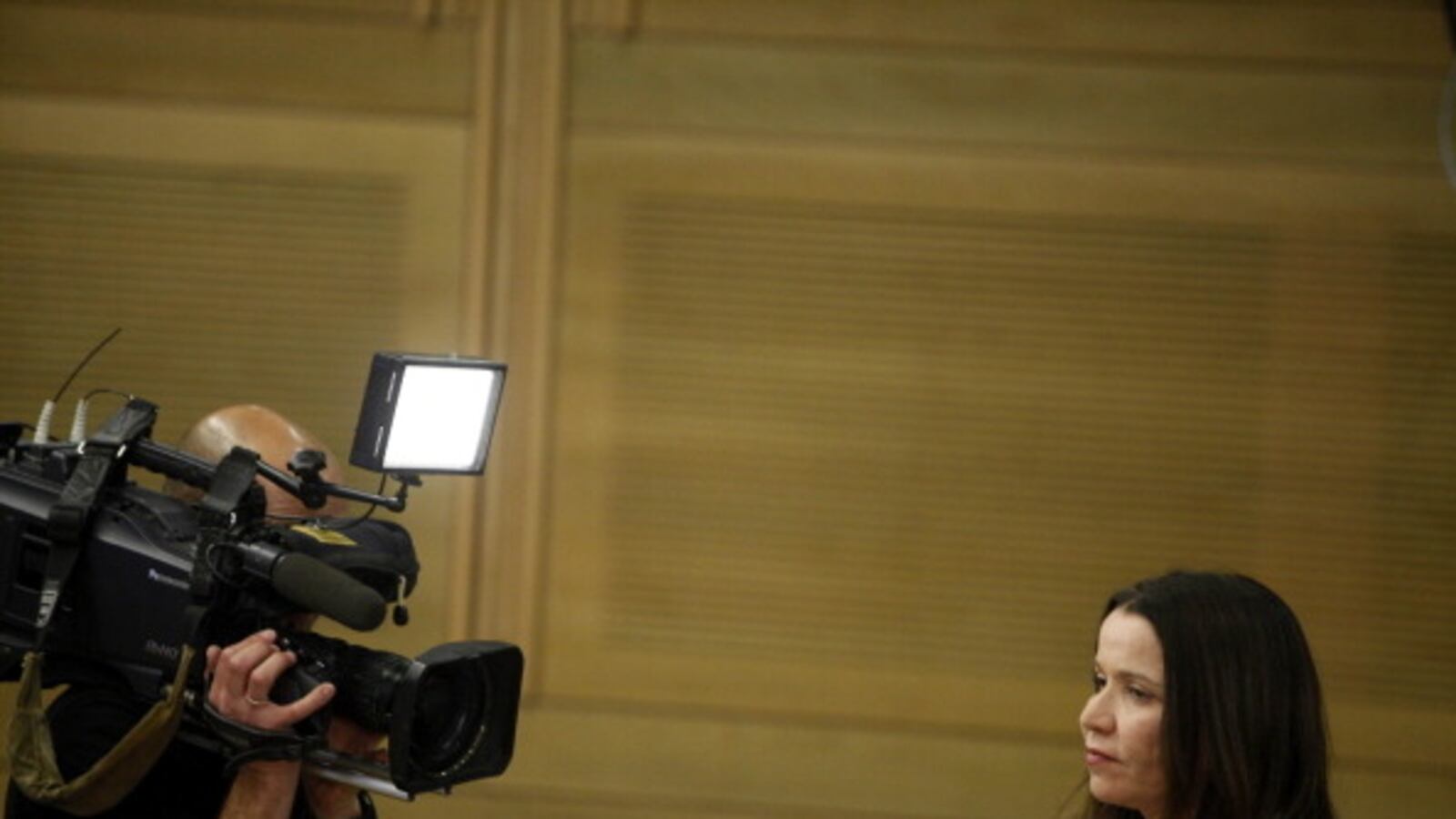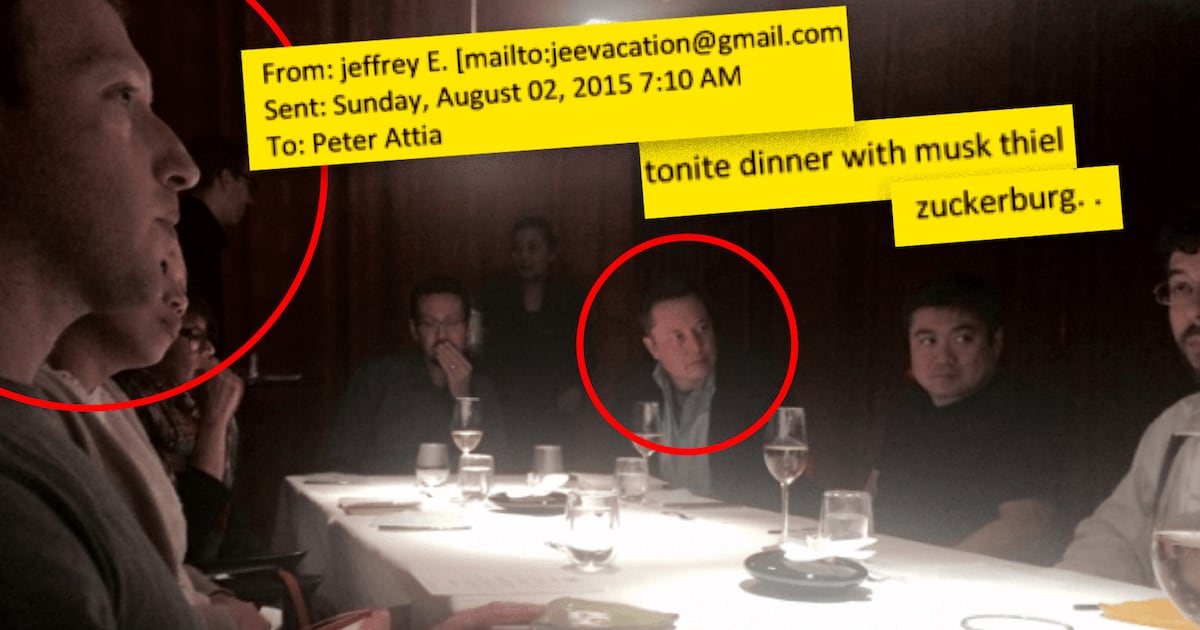Noam Sheizaf argues that this election campaign is all about continuity: the right-wing bloc, led by Benjamin Netanyahu and Likud, will win—again—a majority of seats in the Knesset and then form the government. He may be right about the outcome, but for the Labor Party, the election is all about change. Seth Mandel recognizes this but contends that Labor is engaged in a risky gamble that might or might not work, moving further left while the electorate has shifted right.
Both Sheizaf and Mandel miss the long game that Labor leader Shelly Yachimovich is playing, and the opportunity this election provided her to do so. She has carefully rebuilt the party by adding dynamic new members and concentrated on social and economic issues. In fact, the sudden alliance between Likud and Yisrael Beiteinu strengthens her hand by allowing her to claim centrist and center-right voters who’ll be turned off by the joint ticket.

Long dismissed as tired, unable to connect to the average Israeli, and with a penchant for eating its own leaders, Labor has been written off more than once. But it remains the party (in the form of Mapai) that founded the country and shepherded it through its first thirty years. And despite Ehud Barak’s cannibalization of the party, it’s still around; if the polls are to be believed, it will come back in January.
Since the late 1990s, Israeli politicians always seem to fall into a strange combination of panic mode and ego centrism: they start worrying they need to do whatever it takes to get the votes, while at the same time believing that they’re the ones who will turn their party’s fortune around. They don’t think long term.
Yachimovich has, thus far, avoided this trap, acting far more strategically than is the Israeli wont. She’s been laser-focused on the economy, arguing that Likud and the right are destroying the country with their unbridled capitalism, and all but ignored foreign policy and the peace process on the basis that Israelis express more concern with domestic issues in opinion polls, are content with the status quo vis-à-vis the Palestinians, and feel relatively secure. She has been bringing a range of individuals into the party. Mostly she’s grabbed younger figures publicly interested in social justice, such as Stav Shaffir and Itzik Shmuli (leaders of the J14 tent protests), crusading journalist Mickey Rosenthal, and Hili Tropper, who works with high school dropouts.
But she’s also kept to what’s become Labor’s traditional position on the peace process by bringing in former executive director of Peace Now Yariv Oppenheimer. Complementing him, she added Uri Sagi, a well-respected former leader of military intelligence. Oppenheimer allows Yachimovich to focus on social and economic policy, but still distinguish herself from Yair Lapid, who’s already begun to campaign for rightist votes by publicly disparaging “the left” and claiming Jerusalem can never be divided, even for peace.
The announcement yesterday that Benjamin Netanyahu and Avigdor Lieberman have agreed to run on a joint ticket for the election only reinforces Yachimovich’s strategy. A “super-right” party may concentrate the right-wing vote, but it also allows Yachimovich to claim the center by arguing that the alliance with Yisrael Beiteinu drags Likud to the right on socio-economic issues. It also allows her to maintain that, given Lieberman’s perceived hostility to haredim, the deal emphasizes a secular-religious conflict at the expense of the economy. Finally, it pushes Shas away from Likud and toward Labor.
Of course, much depends on what happens in the Labor primaries—if any of these new candidates can win a realistic position on the party’s election list. And Netanyahu’s position could be strengthened by a collapse of the Palestinian Authority, widespread Palestinian violence, armed conflict with Iran, worsening relations with Egypt, or spillover from the Syrian civil war. Of developments within her control, though, Yachimovich is playing smart.
Back in May she said, “The job of the opposition is to offer an alternative way, and to sit in opposition if necessary. It is no shame, it is not Siberia; it is a great honor. It is possible to serve the nation from the opposition.” If she can control the typical Israeli urge, she’ll remember her own words, and know that while she might not make it to the prime ministry in this election, there will be a next time.





